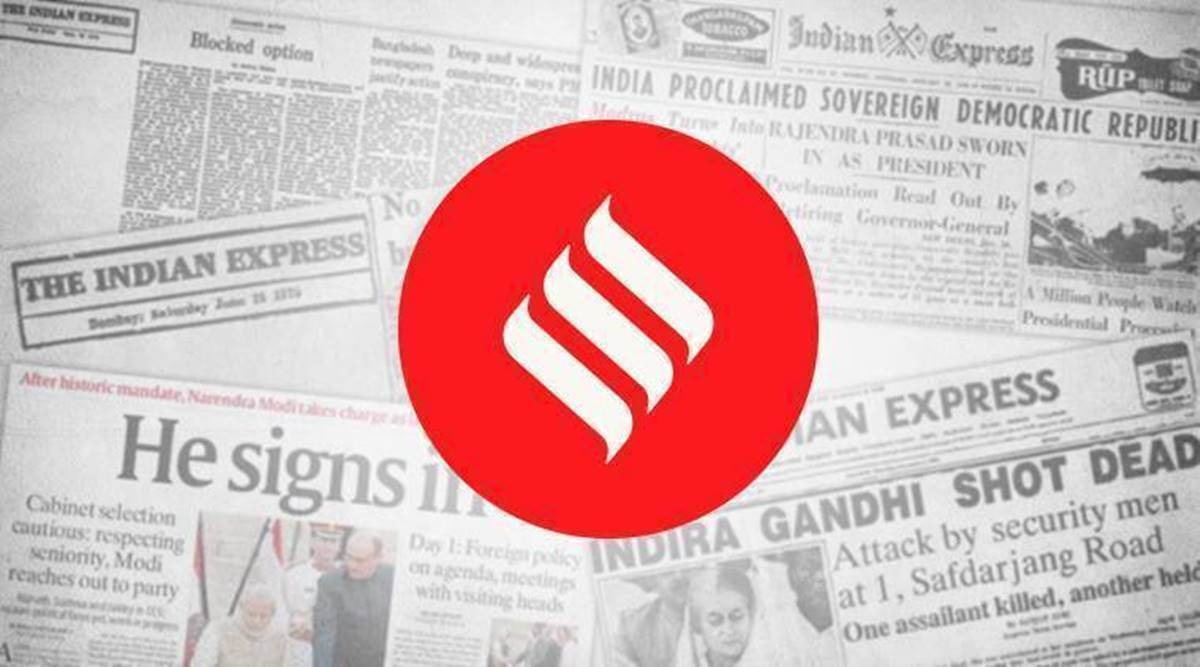 “The Congress has ceased to be the mouthpiece of national aspirations and does not promise a transformative leadership to the nation... The internal processes of the party diminished individual leaders, which collectively debilitated the party. Hope for correctives stands belied,” Kumar told this newspaper.
“The Congress has ceased to be the mouthpiece of national aspirations and does not promise a transformative leadership to the nation... The internal processes of the party diminished individual leaders, which collectively debilitated the party. Hope for correctives stands belied,” Kumar told this newspaper. Ashwani Kumar has had a solid career in public service, mostly under Congress governments. He was appointed the youngest Solicitor General of India in 1991, served multiple terms in the Rajya Sabha and as a Union minister. Kumar was also seen as being close to party president Sonia Gandhi, a veteran “old guard leader.” His decision to leave the party in the middle of a crucial set of Assembly elections is likely to be dismissed by some within the party as “opportunism”. Indeed, a leader has taken a swipe at him saying he wants a Rajya Sabha seat. Yet, the issues Kumar has flagged — he’s not the first one to do so — reinforce that the reason so many leaders, young and old, have left the Grand Old Party is that it has ossified, is ill-equipped to take on the BJP juggernaut, and has little space for those who ask questions.
“The Congress has ceased to be the mouthpiece of national aspirations and does not promise a transformative leadership to the nation… The internal processes of the party diminished individual leaders, which collectively debilitated the party. Hope for correctives stands belied,” Kumar told this newspaper. The reasons are not far to seek. No visible introspection despite multiple electoral defeats and calls to do so by a group of 23 senior Congress members (G-23); an ideological moving away from the centre on many issues; a disconnect from key protest movements; inability to attract allies; all have cast an unflattering light on the party’s top leadership. Even after two resounding defeats in Lok Sabha elections, the leadership crisis seems interminable. For much of her current term since 2019, Sonia Gandhi has served as the “interim president”. Despite calls for internal democracy and “collective leadership structure”, the party seems unable to look beyond “the family” for a leader to steer it. The decline in the Congress’s electoral fortunes has been matched by its ideological confusion on issues like Article 370 and the Ram Mandir. In state elections, erstwhile allies— like the SP in Uttar Pradesh and the RJD in Bihar — seem to view the party as a drag.
Being out of office for the better part of a decade does reduce the ability of a political party to provide inducements to its leaders. But the Congress leadership’s failures are of a different order. It does not seem to realise that the contours of Indian politics have shifted substantially. Its central pole is now a formidable, ideologically driven BJP, not the Grand Old Party. A parliamentary democracy, especially in a country as diverse as India, requires a robust national opposition. The Congress, even in its current state, remains a party with a pan-India presence. To play its role as the prime Opposition force, however, it will need to apply several correctives. For starters, the party’s top leadership must listen to voices that demand change as well as come up with a narrative that captures the voters’ imaginations and strikes a chord with their aspirations. It could begin by not trashing those who leave — but listen to what they say.
- The Indian Express website has been rated GREEN for its credibility and trustworthiness by Newsguard, a global service that rates news sources for their journalistic standards.

